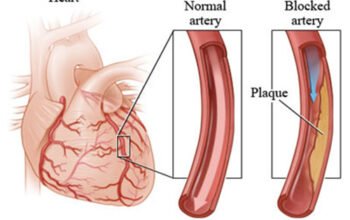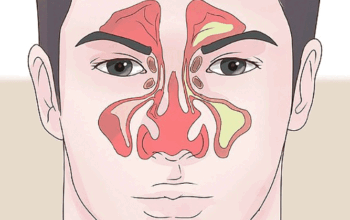Our eyes are not just windows to the world but also powerful indicators of our overall health. Many people are unaware that seemingly minor eye symptoms can be crucial warning signs of underlying medical conditions. Understanding these signals can help you take proactive steps towards maintaining both eye and general health.
The Importance of Recognizing Eye Health Warning Signs
Eye health goes far beyond visual acuity. Numerous systemic diseases and health conditions can manifest through eye-related symptoms. By paying attention to changes in your vision and eye appearance, you can potentially detect serious health issues early.
1. Blurred Vision: More Than Just a Vision Problem
Blurred vision isn’t always a simple refractive error. It can signal significant health concerns such as:
- Diabetes
- Hypertension
- Neurological disorders
- Cardiovascular issues
For instance, diabetic retinopathy commonly presents as gradual vision blurring, indicating the need for comprehensive medical evaluation.
2. Double Vision: A Neurological Red Flag
Experiencing double vision, or diplopia, can be alarming. While occasional double vision might result from eye fatigue, persistent occurrences could indicate:
- Multiple sclerosis
- Brain tumors
- Nerve damage
- Muscle weakness
3. Eye Pain: Understanding Different Types
Eye pain varies in intensity and character. Acute, sharp pain might suggest conditions like:
- Acute angle-closure glaucoma
- Corneal infections
- Optic neuritis
- Uveitis
Persistent eye pain should never be ignored and warrants immediate professional medical assessment.
4. Red Eyes: Beyond Simple Irritation
Chronic redness can indicate various conditions, including:
- Allergic reactions
- Bacterial or viral conjunctivitis
- Dry eye syndrome
- Potential autoimmune disorders
5. Dry and Itchy Eyes: Silent Health Indicators
Persistent dry or itchy eyes might signal:
- Allergic conditions
- Sjögren’s syndrome
- Hormonal changes
- Autoimmune disorders
6. Floaters and Flashes: Potential Retinal Warnings
Sudden increases in eye floaters or experiencing light flashes could indicate serious conditions like:
- Retinal detachment
- Vitreous hemorrhage
- Ocular migraines
7. Sudden Vision Loss: A Medical Emergency
Immediate vision loss can be a sign of:
- Stroke
- Retinal artery occlusion
- Optic nerve damage
- Severe neurological conditions
Proactive Steps for Eye Health
To maintain optimal eye health, consider these recommendations:
- Schedule regular comprehensive eye examinations
- Maintain a balanced diet rich in eye-supporting nutrients
- Protect eyes from UV radiation
- Stay hydrated
- Manage underlying health conditions
Conclusion
Your eyes are sophisticated health monitors. By understanding and responding to warning signs, you can potentially prevent serious health complications. Always consult healthcare professionals when experiencing persistent or concerning eye symptoms.
Remember, early detection and proactive management are key to maintaining both eye and overall health.






